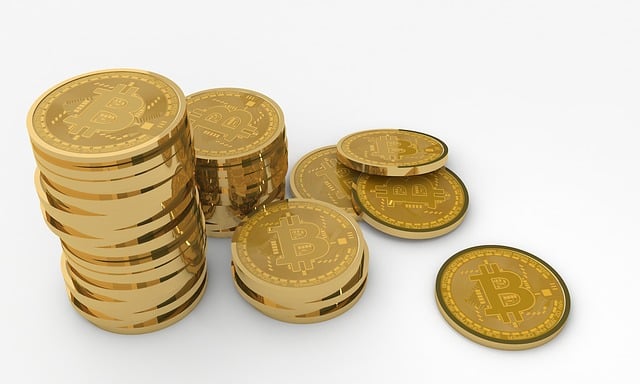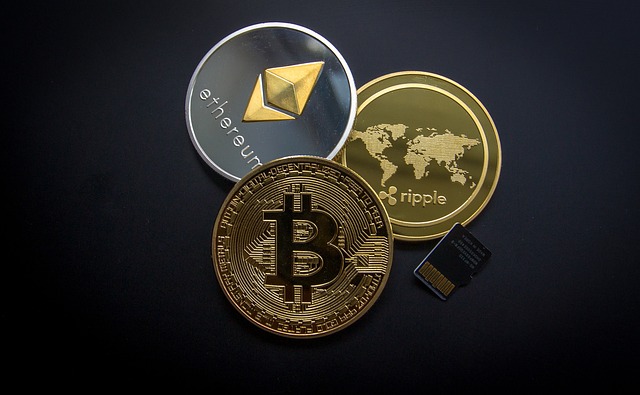What is Bitcoin Mining?
Bitcoin mining is the process through which new Bitcoins are minted and transactions are recorded on the blockchain, a public ledger that serves as the foundation for the entire Bitcoin network. Miners, individuals or groups with specialized hardware, compete to solve complex mathematical puzzles in order to validate and confirm transactions. Once a miner successfully solves a puzzle, a new block is added to the blockchain, and the miner is rewarded with a certain amount of newly minted Bitcoins.
The Rewards of Bitcoin Mining
Bitcoin mining is not only a critical component of the Bitcoin network but also an exciting crypto game that offers rewards to its participants. From validating transactions to minting new Bitcoins, miners play a vital role in maintaining the integrity and security of the cryptocurrency. While challenges exist, the potential rewards and the innovation behind this process continue to attract individuals and groups interested in being part of the ever-evolving crypto world.
Bitcoin mining can be a highly rewarding endeavor for those who dedicate their time and resources to the process. Miners not only receive newly created Bitcoins as a reward, but they also earn transaction fees associated with the transactions they include in the blocks they mine. This dual incentive system motivates miners to secure the network by solving puzzles and validating transactions, ensuring the integrity of the entire Bitcoin ecosystem.
The Role of Mining in Bitcoin's Security
While Bitcoin mining offers significant rewards, it is not without its challenges and limitations. As more miners join the network, the puzzles become increasingly difficult to solve, requiring more computational power and energy. This has led to concerns about the environmental impact of mining operations, as they consume significant amounts of electricity. Additionally, the high upfront costs of mining equipment and the rapid pace of technological advancements pose barriers to entry for the average individual.

Conclusion
To learn more about the world of cryptocurrencies and stay up-to-date with the latest trends, check out What's Happening with Cryptos Today?
Bitcoin mining plays a crucial role in maintaining the security of the cryptocurrency. The competition among miners to solve puzzles ensures that no single entity can gain control over the network. The decentralized nature of mining prevents any individual or group from manipulating the system or altering transaction records. This security feature has made Bitcoin exceptionally resilient to attacks and has earned it a reputation as a robust digital asset.
Challenges and Limitations
Exploring the World of Bitcoin Mining: A Crypto Game with Rewards
